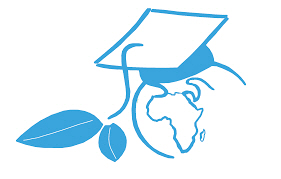
In the university, there are exchanges among faculties, employees, and students. The purposes are various and in the case of faculty exchange, the main purpose is joint research. POSTECH is included in The Association of East Asian Research Universities (AEARU), which was launched in January 1996 for the purpose of academic exchange and promoting research. It consists of 17 research universities in Korea, China, Taiwan and Japan.
In POSTECH, most forms of interchange are student exchanges. Many Postechians visit universities that have sister relations with POSTECH to take different courses and experience another culture. POSTECH can support students who participate in exchange program. If exchange students visit foreign university to study, POSTECH supports the scholarship for tuition fees. In some cases, living expenses are also provided.
Although the exchange program is a very valuable experience and there is support for tuition fees and living expenses, 2 big problems exist in POSTECH student exchange programs.
One is a problem of balance. Every year, many Postechians hope to participate in an exchange program. They should select the foreign university they want to visit. In that process, many Postechians ask for advice from senior students who have been through the program. Most students hear the stories of famous universities, such as UC Berkeley, and want to visit there. In this way, exchange students tend to go to the university where their senior students experienced and this complicates the distribution of exchange students. If the number of students is too concentrated in particular universities, the interchange with universities that few students prefer to visit will be weakened.
The other problem is about support for exchange students. POSTECH supports more scholarship for exchange students than other universities. However, the support fund is not unlimited. There is an increasing number of exchange students, but the support fund cannot follow that rate.
To encourage students to choose various universities, sufficient information and promotion of all possible universities should be provided. The university could organize events or brochures, and students need to make an effort to find and organize information. Of course, asking for advice from seniors is a good way, but it should not be the only source of information. The best solution to the support fund problem is efficient distribution. When the limited support is distributed to people who really need it, the exchange program will thrive.
м Җмһ‘к¶Ңмһҗ © нҸ¬н•ӯкіөлҢҖмӢ л¬ё л¬ҙлӢЁм „мһ¬ л°Ҹ мһ¬л°°нҸ¬ кёҲм§Җ


